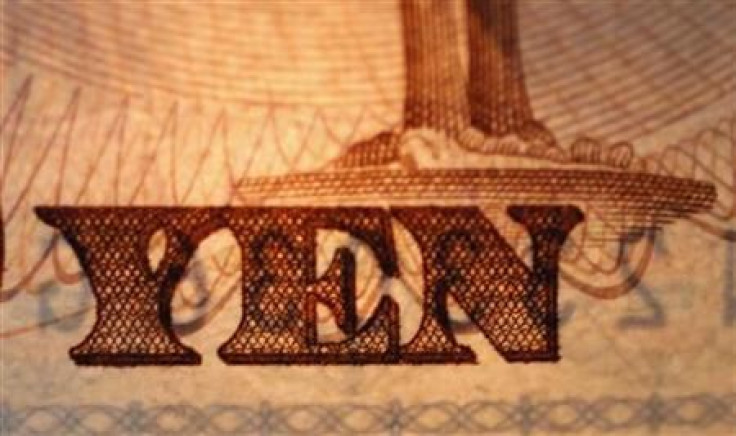Japan’s Leading Economic Indicator Index Rises In October

A leading index in Japan which is based on 12 economic indicators designed to predict the future direction of the economy rose in October compared to that in September, indicating a slight improvement in the country's economic condition.
The data released by the Cabinet Office Friday show that Japan’s leading index of economic indicators rose to 92.5 in October from 91.6 in September. The index, which includes inventory ratios, consumer sentiment and machinery orders as leading economic indicators, is seen as a measure of the projected state of the country’s economy.
This report comes after it was revealed earlier this month that Japan's monetary base rose in November compared to that in the same month last year, indicating that the monetary easing policies were leading to an increase in the amount of currency in circulation which in turn results in reviving economic growth.
According to the data released this week by the Bank of Japan, the country’s monetary base, which measures the change in the total amount of domestic currency in circulation and current account deposits held at the central bank, advanced 5 percent in November, down from a 10.8 percent rise in October and below the analysts’ expectation of a 11.4 percent increase.
The data released last month by the Cabinet Office showed that the country’s GDP, which measures the annualized change in the inflation-adjusted value of all goods and services produced by the economy, shrank to 0.9 percent in the quarter ending Sept. 30, down from a 0.1 percent rise in the previous three months.
With Japan's gross domestic product contracting in the third quarter compared to that in the previous quarter, the policymakers are under pressure to further ease the monetary policy.
Japan reported last week that retail sales fell in October compared to those in the same month last year, indicating a faltering of consumer spending, which accounts for the majority of overall economic activity.
Last month, Japan faced a sudden development on the political scene with Prime Minister Yoshihiko Noda dissolving the Diet ahead of the general elections to be held Dec. 16. Investor confidence rose amid the hope that the main opposition, the Liberal Democratic Party, led by Shinzo Abe who is the proponent of aggressive monetary easing measures, would win the next elections.
© Copyright IBTimes 2024. All rights reserved.











